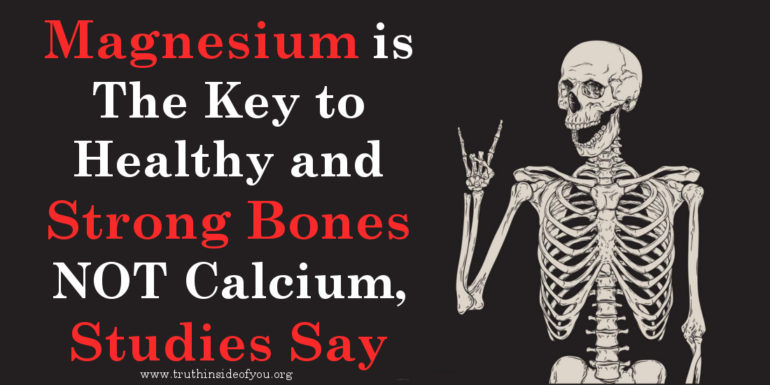We’ve always heard that calcium is the core nutrient that improves our bone health. However recent studies show that foods rich in magnesium like spinach and sesame seeds are actually important for strong bones.
Studies about Calcium
Some studies have claimed that calcium and calcium supplements put people at a risk of heart attack. More in case of women. Calcium supplements are not good substitutes of calcium in foods, as per NOF. Too much calcium even results in stones in kidneys as well as other health issues. Most calcium supplements have calcium carbonate which our body cannot absorb easily if there isn’t citric acid as a chelating agent. A study from 2007 says that in postmenopausal women, calcium found in food and not calcium found in supplements is better for bone health.
Studies about Magnesium
A research at the Baylor College of Medicine studied the absorption and consumption of magnesium in children and they made some interesting discoveries. Abrams headed the study. They saw that calcium consumption and its absorption was not related to bone density or mineral content in bones.
However, they were indeed linked to magnesium consumption. According to the study, magnesium is crucial for bone mineral accretion in children. Abrams further explained that while several minerals and nutrients are important for bone health in children, magnesium seems to have a lot more benefits than calcium.
Researchers felt that most people are probably unaware of the importance of magnesium in a diet for healthy, strong bones as it is not really famous. So, they have made it known widely that parents must pay attention to their children’s diet and make sure they consume the appropriate amount of magnesium.
They also want the general public to know the benefits of magnesium in developing bone health. Kathryn M. Ride and her colleagues from Memphis University claim that magnesium is as important for adults as it is for growing children. People are at a high risk of fractures should consume more magnesium.
1:1 or even 2:1 seems to be the perfect ratio of calcium and magnesium. However, these days, diets have rates like 10:1 which shows that people consume 10 times more calcium than magnesium.
You can find magnesium in foods like cocoa, seeds, nuts, green vegetables. You can also use Epsom salt in your bath. It has magnesium sulfate in it that your skin can absorb.
Although it is preferable to consume magnesium naturally people with deficiencies can also try supplements. The preferred dosage of magnesium is 350-400 milligrams.
Most capsules are 200-5– milligrams that you can consume when hungry or with meals. Very little magnesium goes into the blood and when it drops, the body uses magnesium stored in bones and tissues.









